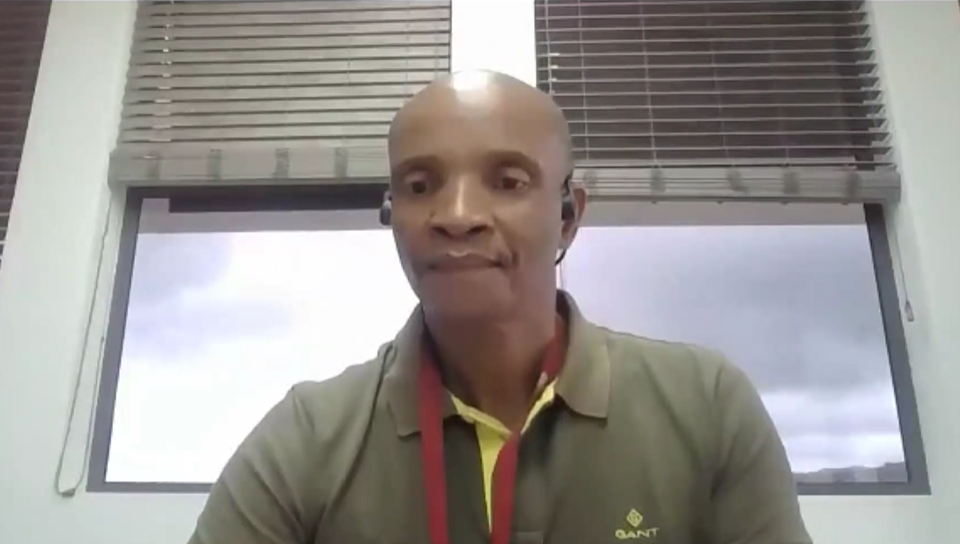
Stratcom Media Hosts Highly Anticipated Free ChatGPT Webinar for PR and Marketing Professionals
10 January, 2025Integrating AI to redefine stakeholder management and marketing
10 January, 2025BY SIBUSISO MNGADI
In Eswatini, a country where over 70% of the population is youthful, traditional management styles are increasingly proving inadequate, especially when it comes to the millennial workforce. The question of whether millennials should be managed differently is not just relevant but essential for harnessing the potential of this significant demographic.
Millennials, often defined as individuals born between 1981 and 1996, bring a distinct set of values and expectations to the workplace. They are tech-savvy, value flexibility, seek purpose and rapid advancement in their careers, and desire a work-life balance that many traditional business environments are unprepared to provide. In Eswatini, this generation could be the key to innovation and economic growth if effectively engaged.
Management should not be about controlling but empowering. Traditional hierarchical structures that focus on top-down decision-making are likely to stifle the creativity and entrepreneurial spirit that millennials are known for. Instead, Eswatini’s businesses and institutions should consider a management approach that emphasizes mentorship and collaboration. This involves not only assigning tasks but also providing meaningful feedback and growth opportunities that align with millennials’ career aspirations.
Furthermore, considering Eswatini’s strategic goals to enhance economic development and reduce youth unemployment, the focus should be on creating environments that leverage millennials’ familiarity with digital technology. This generation can drive digital transformation in the local economy, making businesses more competitive on a global scale. Thus, management strategies need to incorporate digital tools and platforms that facilitate remote work, flexible hours, and digital project management.
Investment in training and development cannot be overstated. With a high youth population, Eswatini has the potential to become a hub for innovation in Africa, but this requires investment in skills development, particularly in areas like digital marketing, data analytics, and tech entrepreneurship. By aligning management practices with educational opportunities that cater to these in-demand skills, businesses can retain top talent and reduce the brain drain that affects many African nations.
Culturally, Eswatini is rooted in respect for authority and tradition, which can sometimes be at odds with millennials’ push for change and innovation. It’s crucial for senior management to bridge this gap by fostering a culture of open communication and mutual respect. Millennials should feel valued not just for their output but also for their unique perspectives and ideas.
In conclusion, in a country as young as Eswatini, the question should not be if millennials should be managed, but how they can be managed effectively to contribute to the nation’s socio-economic objectives. By shifting from traditional management to a more collaborative, flexible, and growth-oriented approach, Eswatini can maximize its youthful demographic’s potential, leading to a prosperous and dynamic future. Thus, the call to action for Eswatini’s leaders is clear: adapt management practices to meet the needs and harness the strengths of the millennial workforce.

